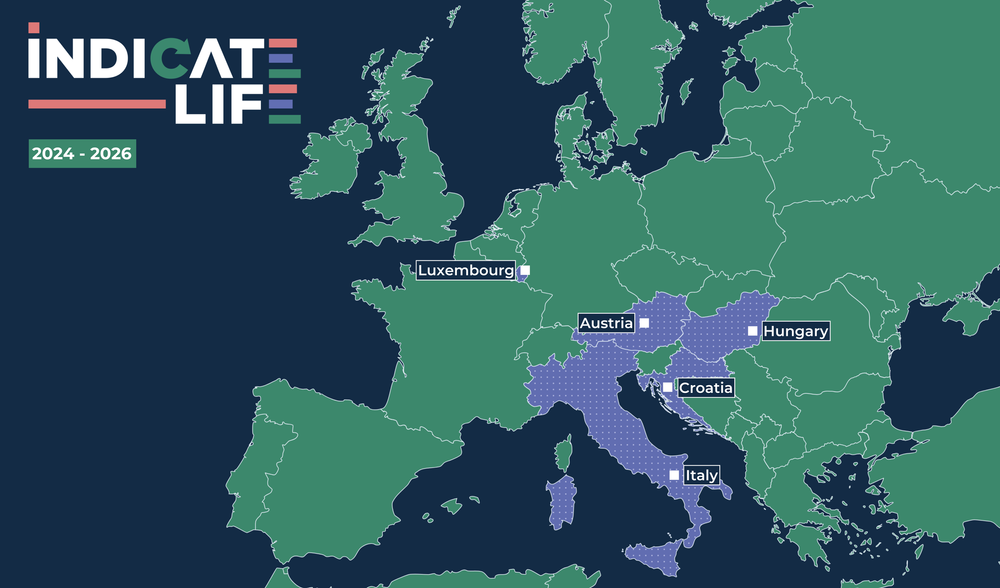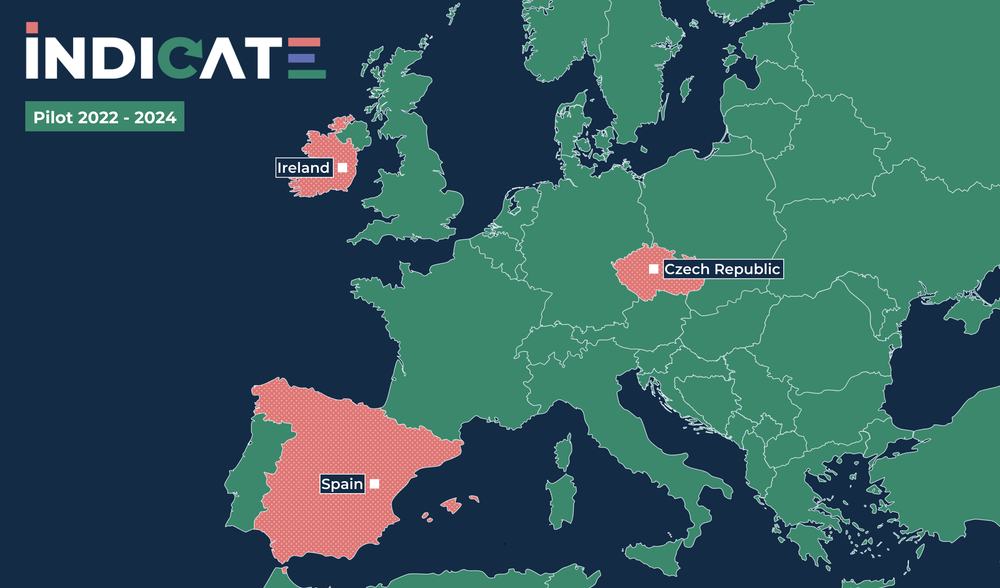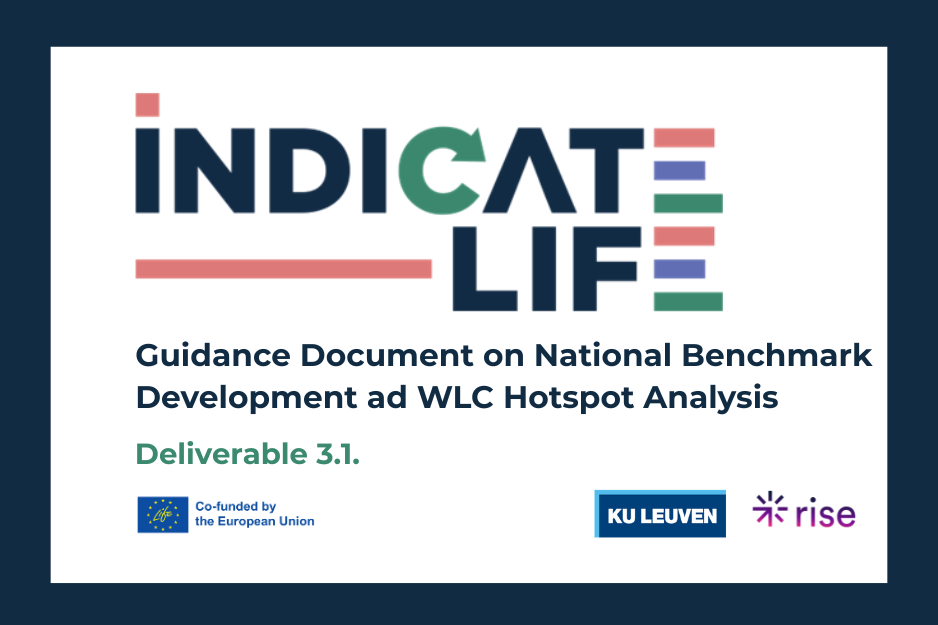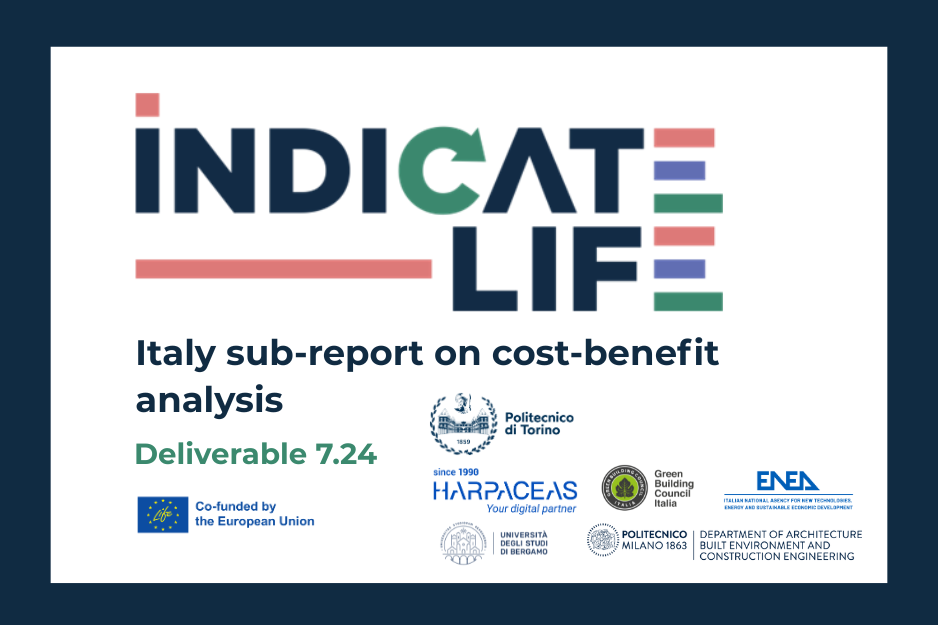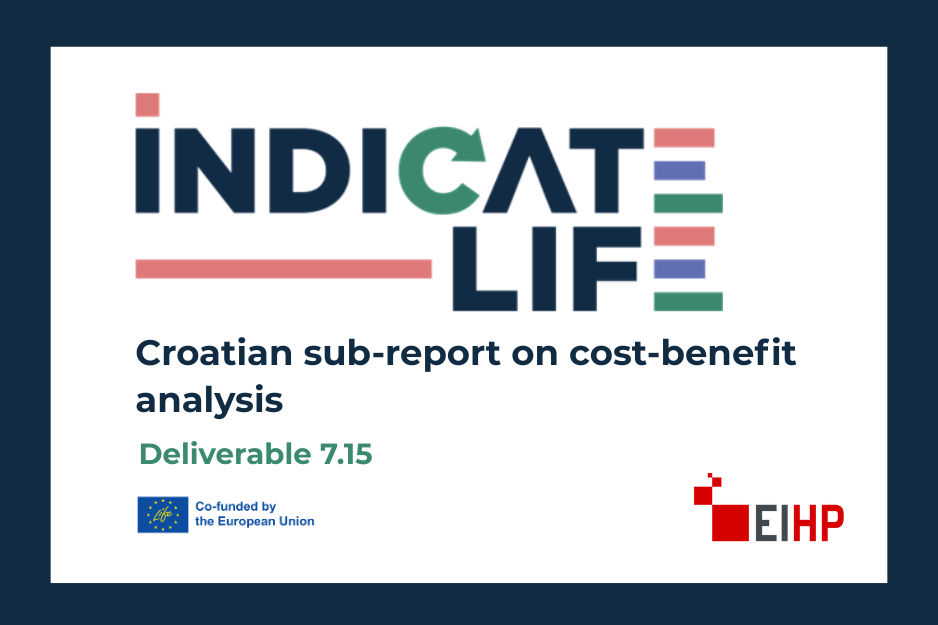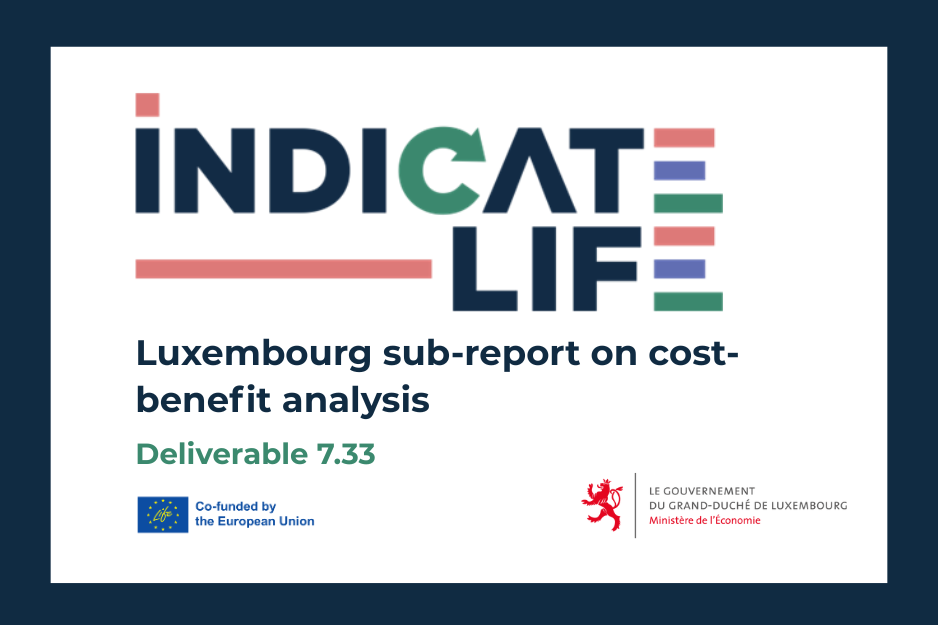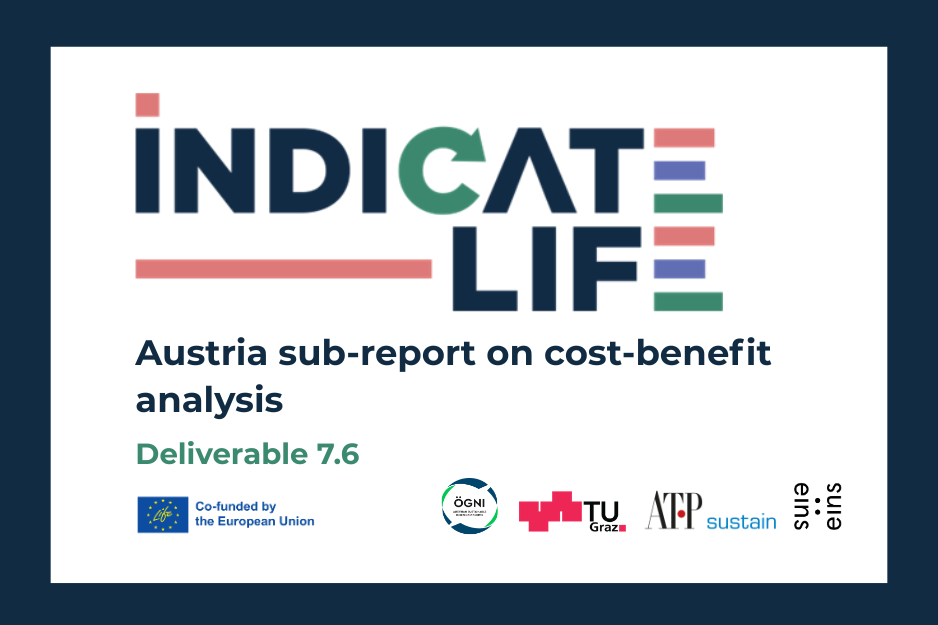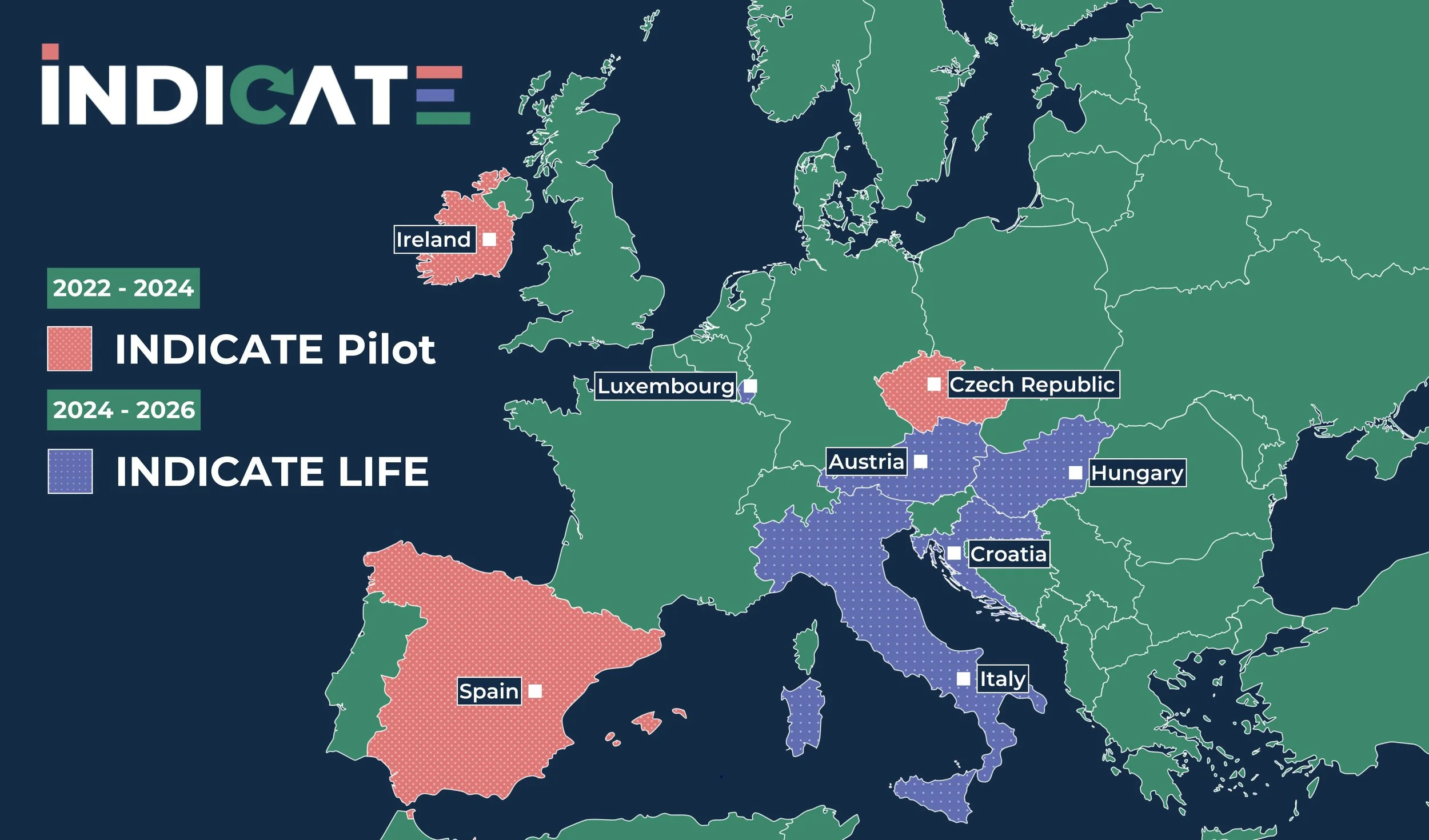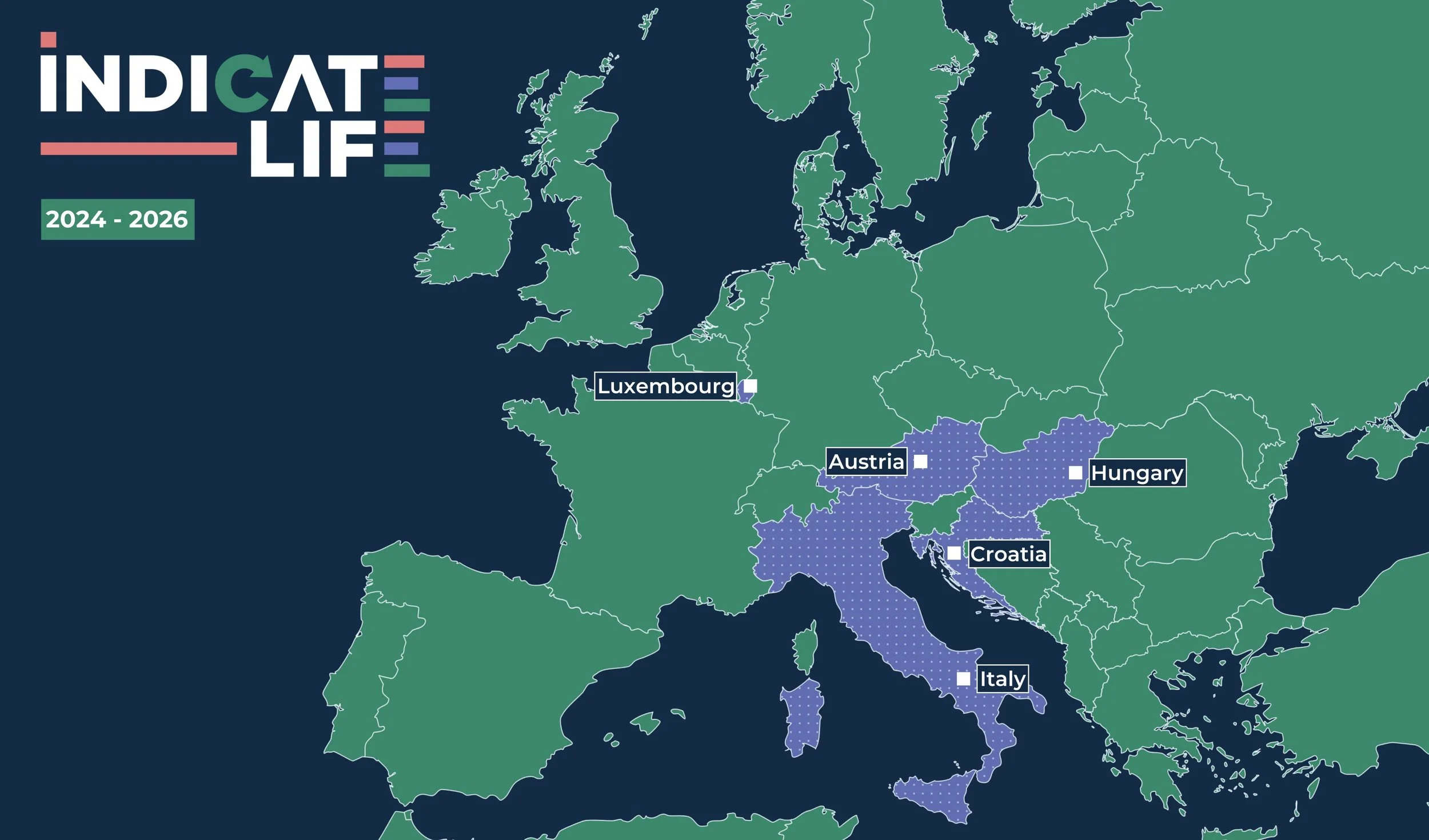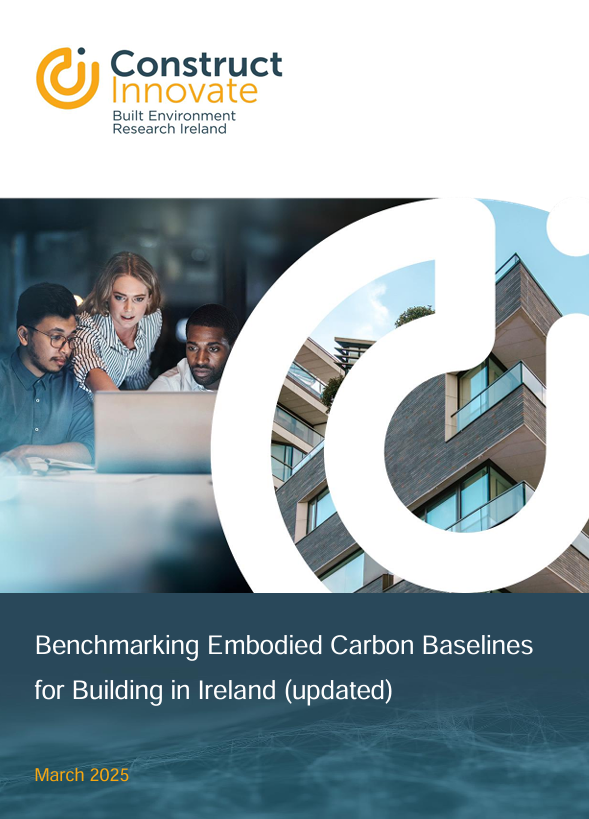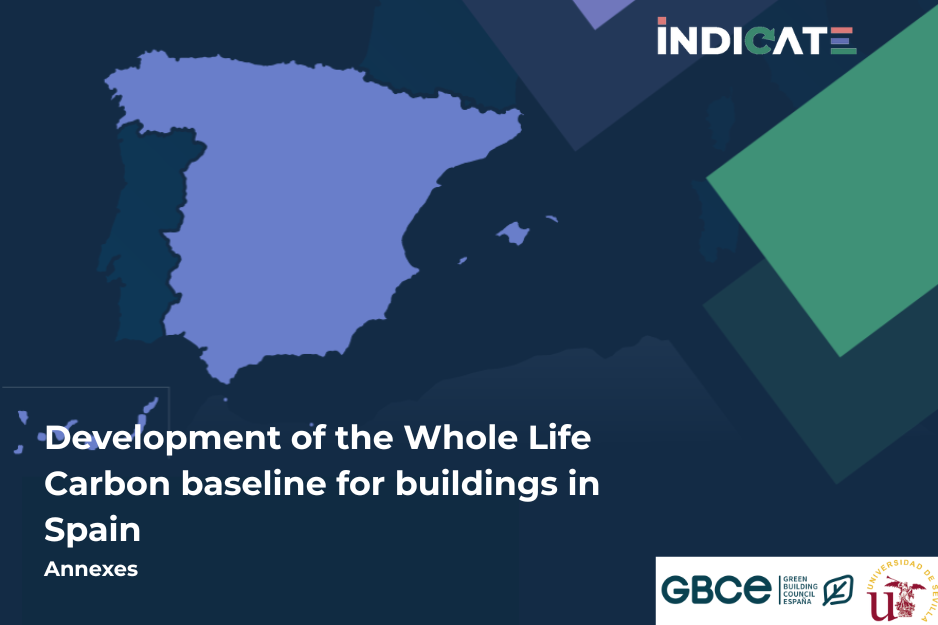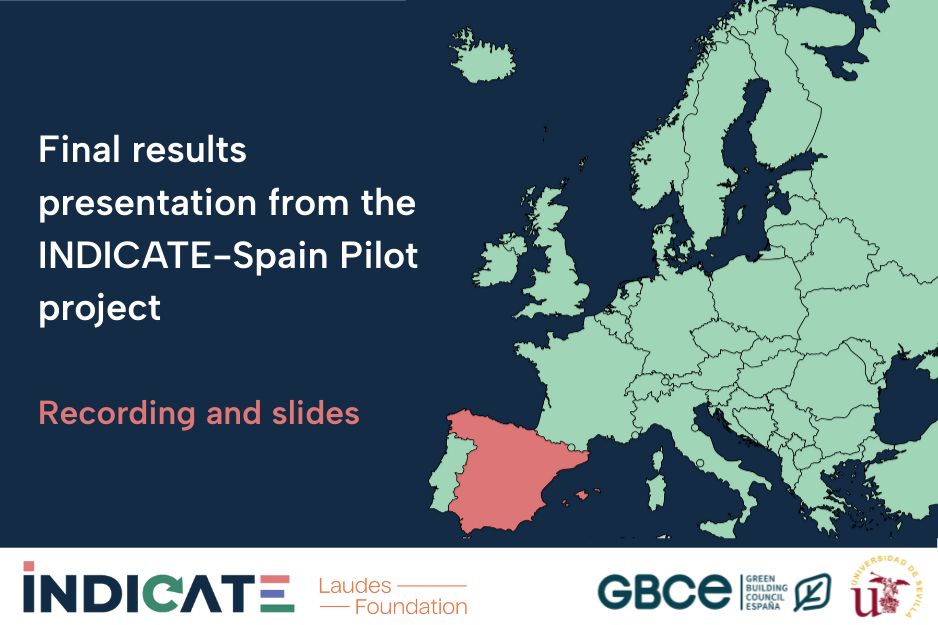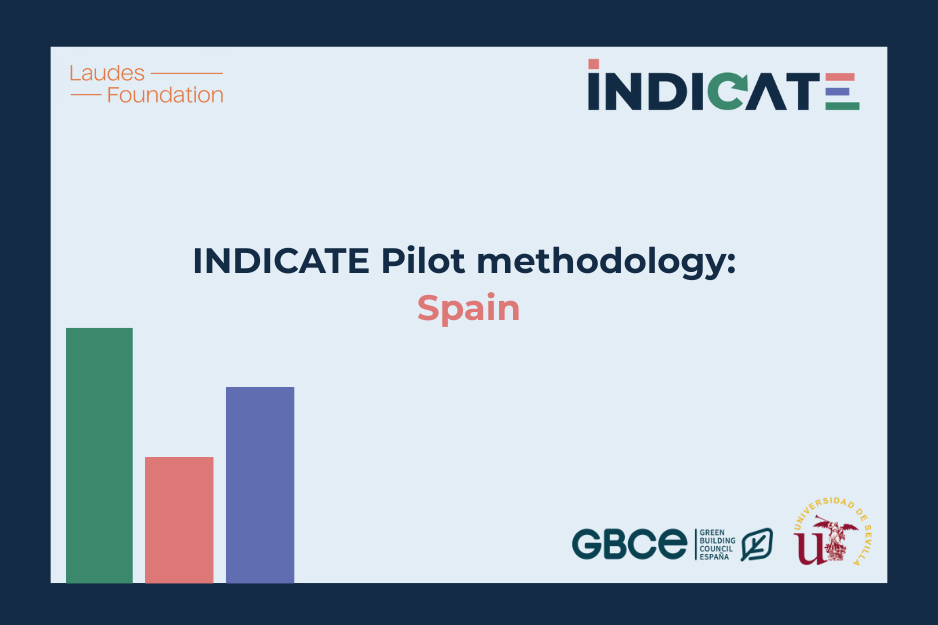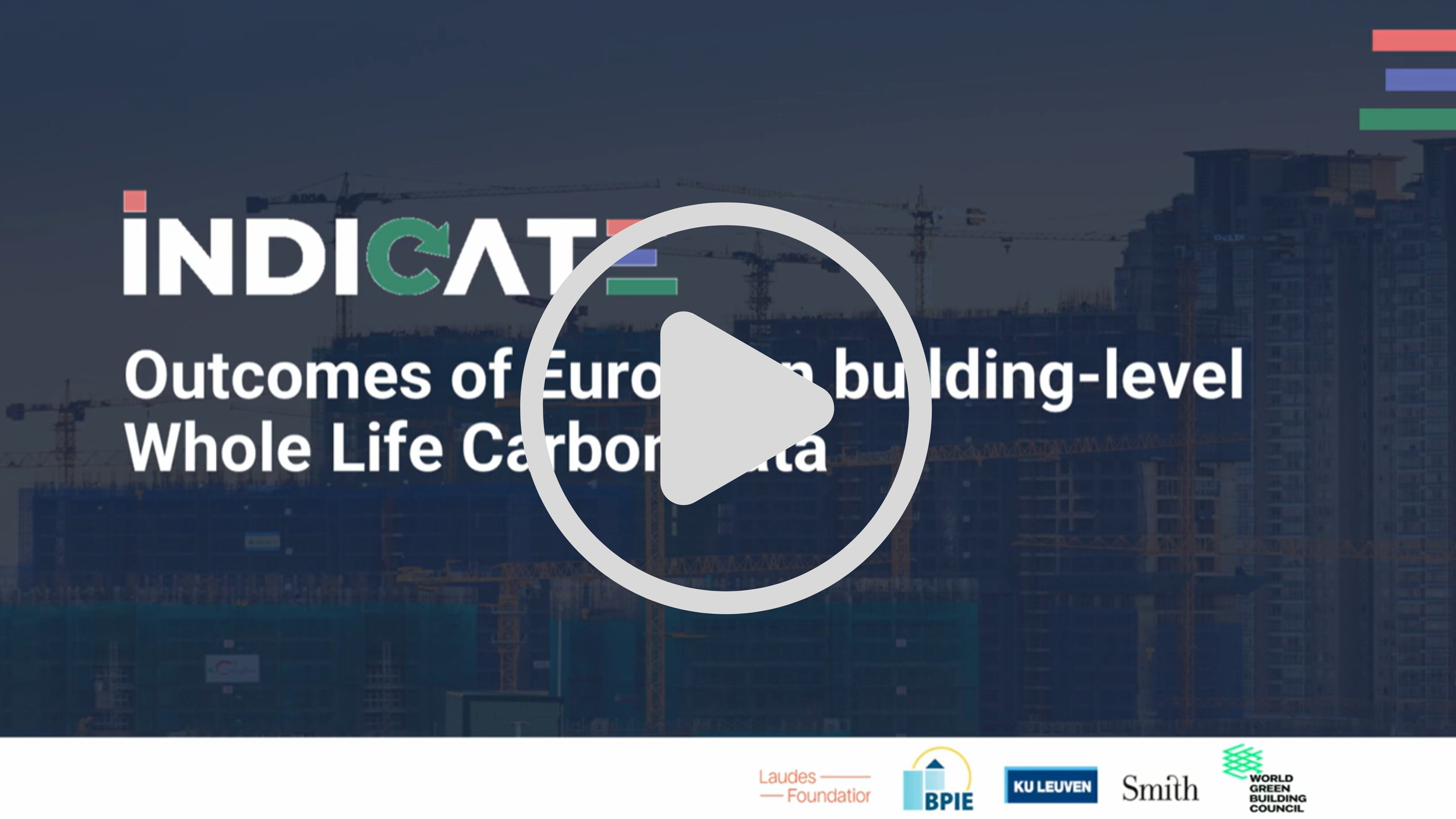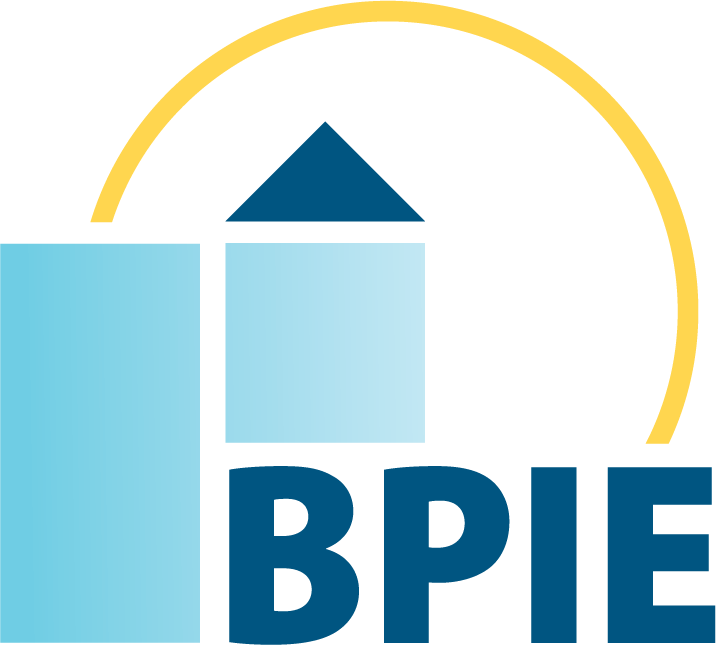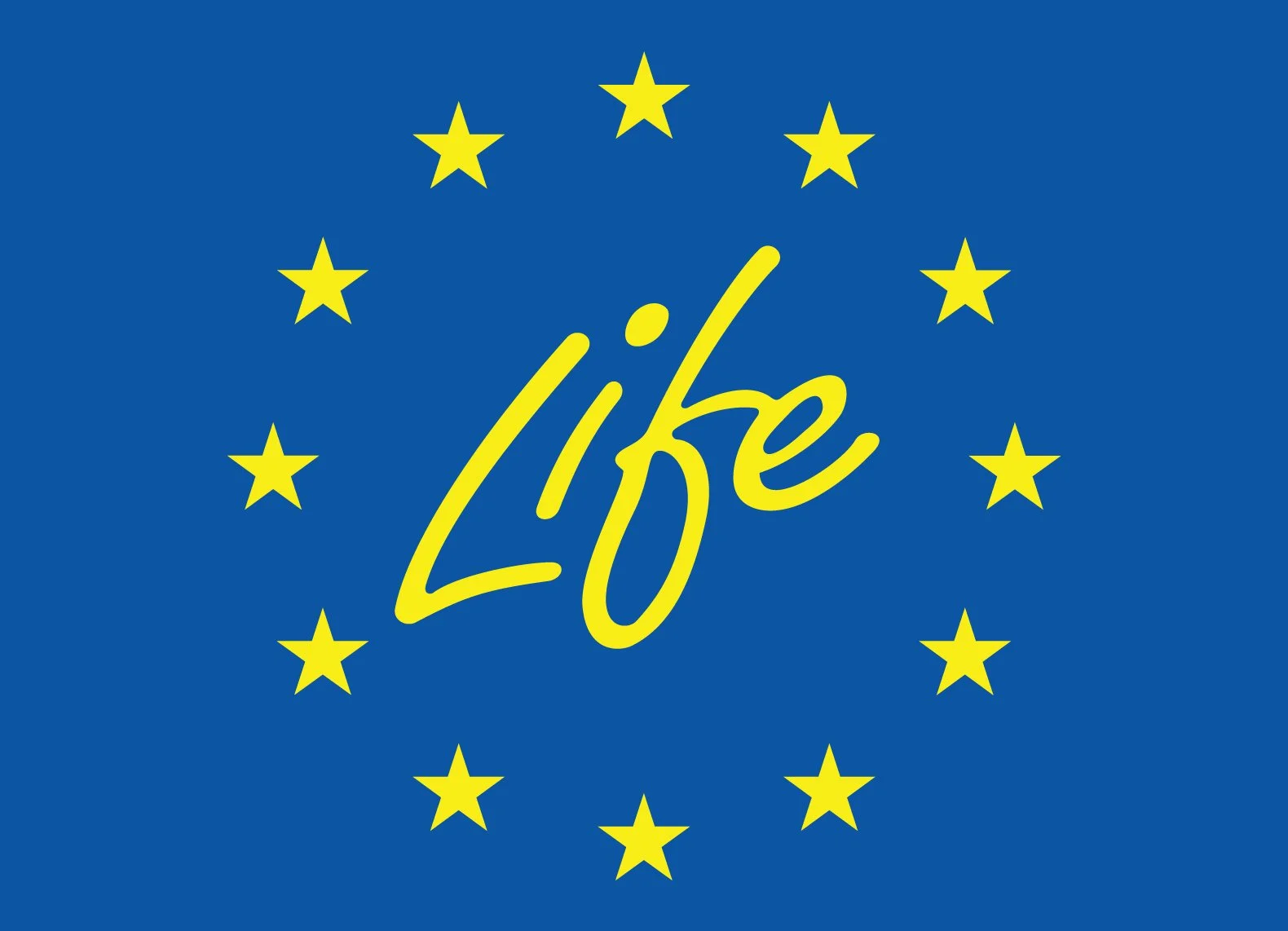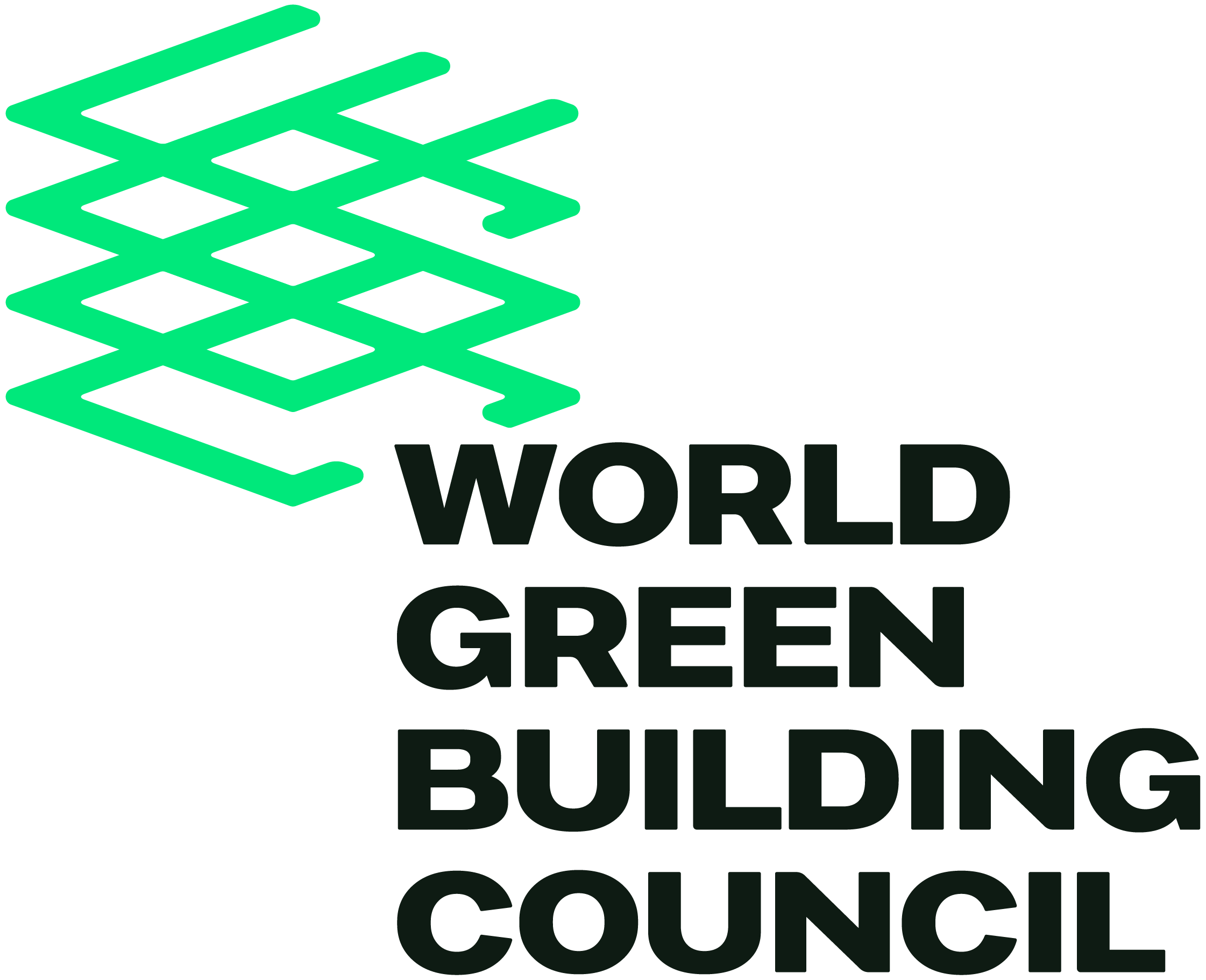What is INDICATE?
INDICATE is a long-term initiative focused on advancing whole life carbon (WLC) policy and industry action by improving life cycle assessment (LCA) data and methodologies within the built environment. This vision has been advanced through two separate projects: the INDICATE Pilot, which involved three EU Member States, and the ongoing INDICATE LIFE project, working with an additional five EU Member States. Building on the lessons learnt from these projects, INDICATE aims to expand its impact across Europe and beyond.
INDICATE aims to promote knowledge sharing and technical expertise exchange between national academia, industry, governments, and transnational stakeholders. This collaborative approach should strengthen stakeholder engagement and mobilisation, placing INDICATE at the forefront of driving meaningful change in LCA methodologies and WLC policies within the built environment.
Project vision
INDICATE aims to be the leading platform for advancing a data-driven life cycle approach to regulating decarbonisation in the construction sector.
Project objectives:
1. Engage stakeholders by sharing lessons from INDICATE to support the implementation of the EPBD recast and align with other WLC policies related to buildings.
2. Help industry and policymakers apply WLC knowledge in practice, including the implementation of WLC targets.
3. Integrate WLC reporting, benchmarking and target setting into daily industry practices, decision-making, and design.
4. Strengthen communications to engage stakeholders, share insights, and increase visibility, potentially leading to more funding opportunities.
5. Improve collaboration between industries and across Europe while enhancing learning between the core project team and national partners.
6. Secure additional resources to expand beyond the eight INDICATE countries and enable deeper research in these countries.
7. Support national teams within the EU and in other world regions to build capacity and enable progress in setting WLC targets and implementing climate action.
8. Provide support on best practices for methods and metrics, as well as tools and technical infrastructure for WLC policy design and implementation.
Within Europe
As the revised Energy Performance of Buildings Directive (EPBD) begins to take effect across Europe, there is growing focus on addressing WLC in the built environment. In this context, INDICATE could play an important role in supporting additional EU Member States to integrate WLC approaches into legislation by helping to develop the necessary data foundations.
The INDICATE Pilot, along with the current INDICATE LIFE project, shows how the initiative can support countries, especially those with limited WLC policies, in adopting data-driven approaches tailored to their national contexts. By promoting LCA frameworks that are both harmonised and adaptable, INDICATE aims to enhance data transparency and quality, enabling more meaningful international comparisons of decarbonisation progress.
INDICATE has developed since 2022, which marked the start of the pilot project where three EU member states were supported in developing WLC databases, to the ongoing LIFE project that includes an additional five countries. INDICATE aims to continue to expand to more regions globally, utilising insights from each project.
The ongoing INDICATE LIFE project, 2024–2026, is supporting Austria, Croatia, Italy, Luxembourg, and Hungary in collecting and generating representative LCA data to address both operational and embodied carbon emissions. Among these, Hungary is participating as a follower country. The goal is to support the development of policies for reducing WLC.
The INDICATE Pilot project supported the Czech Republic, Ireland and Spain from 2022 to 2024 in assessing WLC building cases, leading to the development of LCA data, which can continue to influence industry and policy.



